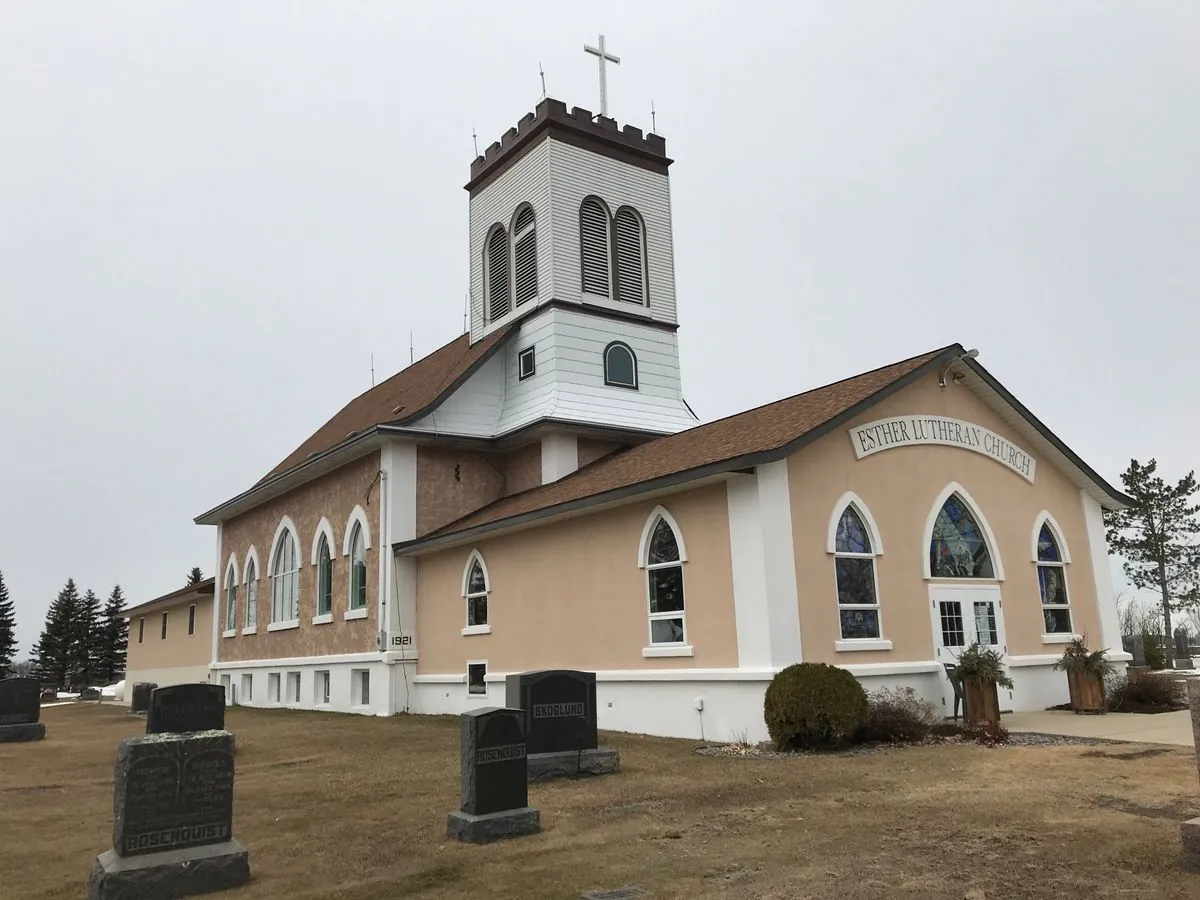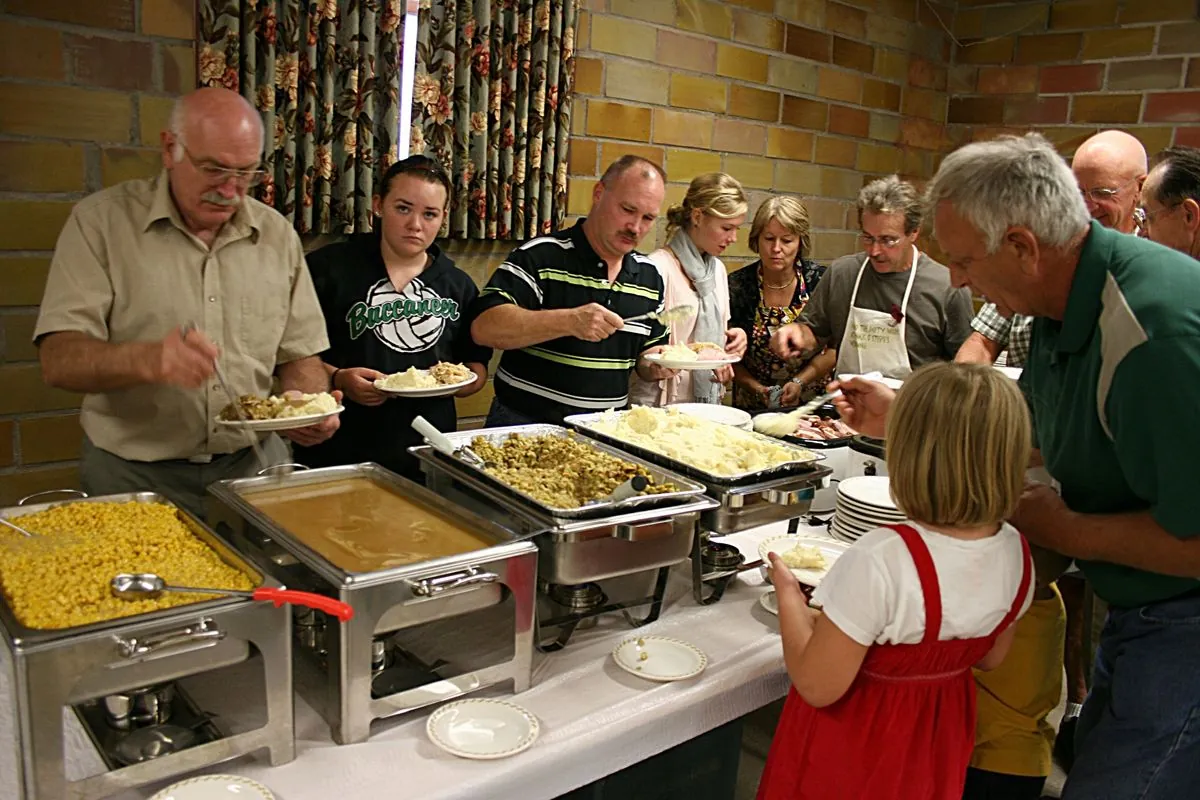Minnesota's Lutheran Churches: Balancing Faith, Politics, and Inclusivity
Lutheran congregations in Minnesota navigate political divisions while emphasizing inclusivity and community. Pastors strive to keep sermons apolitical, focusing on faith and outreach in diverse communities.

In the heart of Minnesota, Lutheran churches are navigating a complex landscape of faith, politics, and social issues. The Evangelical Lutheran Church in America (ELCA), the largest Lutheran denomination in the United States with approximately 3.3 million members, finds itself at the intersection of tradition and progress.
Lutheran congregations in Minnesota reflect the state's diverse population, from rural farming communities to urban immigrant neighborhoods. This diversity is evident in churches like Holden Lutheran Church, founded in 1857, and Iglesia Luterana San Pablo, which evolved from a Swedish immigrant congregation to a predominantly Latino one.
The Lutheran faith, which originated from Martin Luther's Protestant Reformation in the 16th century, has deep roots in Minnesota due to Scandinavian and German immigration in the 19th century. Today, Lutheran Social Services plays a significant role in refugee resettlement programs, contributing to the state's multicultural fabric.

Political divisions within congregations present challenges for pastors. The Rev. Elise Pokel of Transfiguration Lutheran Church notes the difficulty in preaching to politically diverse congregations: "People are listening for their side of things... And it's like, well, I pledge my allegiance to Jesus." This approach aligns with the Lutheran theological concept of "two kingdoms," which distinguishes between religious and secular realms.
ELCA leadership has taken progressive stances on various social issues, including LGBTQ+ rights. In 2009, the ELCA allowed partnered gay and lesbian individuals to serve as pastors, predating the nationwide legalization of same-sex marriage by six years. This progressive stance has led some congregations, like San Pablo and Transfiguration, to become "Reconciling in Christ" congregations, explicitly welcoming LGBTQ+ members.
"I have experienced what it feels like to be rejected and to be looked down upon. I serve a God that says all belong. And if we mean that, and we say that, we have to live it in actionable ways."
Despite potential tensions arising from differing views, many Lutheran churches in Minnesota emphasize inclusivity and belonging. This focus on community helps maintain unity amid diversity. As Jeff Davidson from Holden Lutheran Church puts it, "You don't come to coffee after church and start a political conversation or other hotbed issues."
The ELCA's involvement in various social issues, including climate change and immigration, reflects its commitment to applying faith to contemporary challenges. This engagement, however, must be balanced with the diverse views within congregations.
As Lutheran churches in Minnesota continue to evolve, they serve as microcosms of broader societal changes. By fostering environments where diverse individuals can find belonging while maintaining their faith, these congregations offer a model for navigating differences in an increasingly polarized world.


































